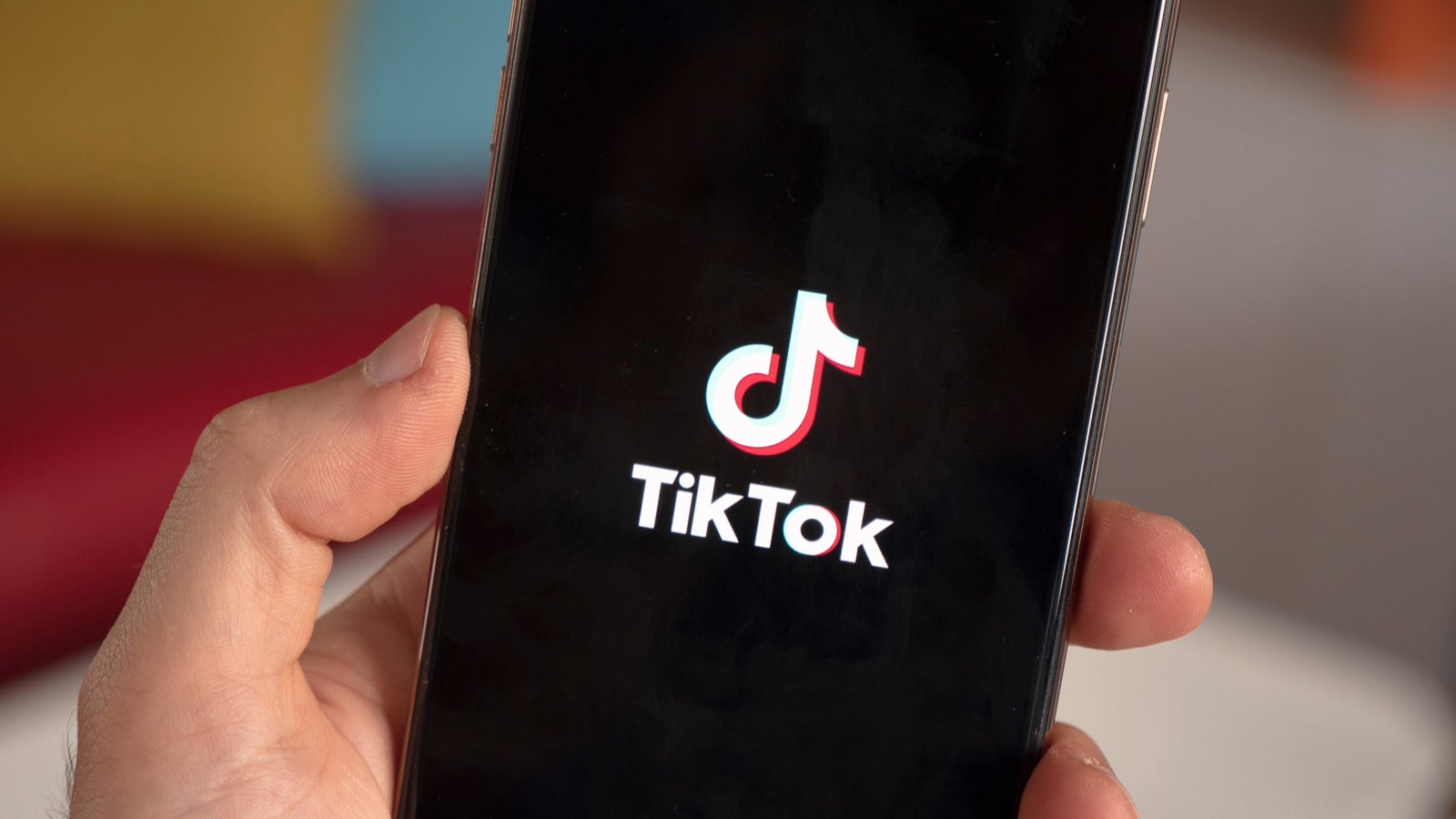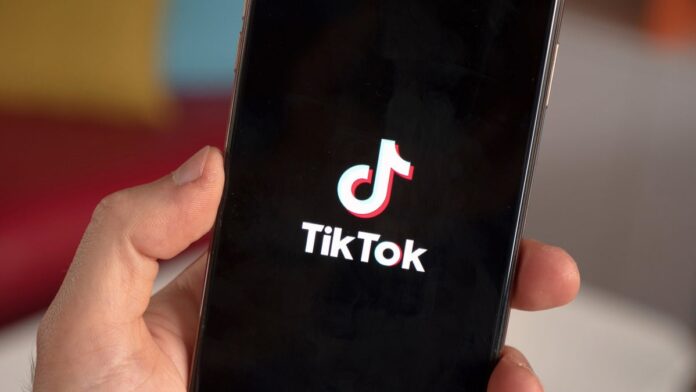If you have been following tech news, you have probably noticed that artificial intelligence (AI) is everywhere these days. Tech companies are all about integrating AI into their products and services, and social media platforms are right there with them. Take TikTok, for example – it is testing AI for ads, where AI-powered avatars could soon be making sponsored content for brands.
AI vs human influencers
The tech and business news outlet
The Information (via
The Verge) says that TikTok is planning to add an AI creator feature that could compete with the ads made by human influencers on the platform.
The idea is for TikTok to develop virtual influencers who can promote and sell products on the platform. These AI avatars would use scripts written by advertisers or sellers from TikTok Shop. However, it is still early days, and the feature isn’t live yet, so it might change as the company tests things out.
The Information’s sources have said that TikTok’s team has tested these AI avatars but found they are not quite ready to go live and haven’t pulled in as many e-commerce sales as human influencers. However, TikTok thinks these AI creators could still work well alongside their human creators.
What does this mean for TikTok’s human creators?
It is still a big question how TikTok will manage the money side of things, like how it will split sponsorship dollars between virtual influencers and real ones or how it will make sure that using AI doesn’t take away opportunities from real people.
If TikTok decides to roll this out, it will need to be careful not to upset its users, especially since it just asked them to help fight off a potential ban by Congress in the US.
In March 2024, the US House of Representatives passed a bill titled the “
Protecting Americans from Foreign Adversary Controlled Applications Act.” This legislation aims to compel ByteDance, the China-based parent company of TikTok, to sell its US operations. If ByteDance fails to comply, TikTok could face a ban from US app stores and might even be completely blocked from operating in the US.

